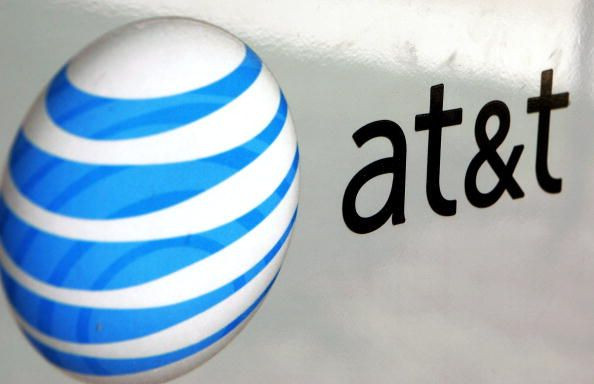AT&T's HBO Max Could Hasten The Death Of Cable

Companies rarely make an effort to disrupt their own business. It would not make sense in most cases to create the technology that makes your core business irrelevant. Why would a company like Blockbuster, for example, build a streaming service when it already owned the market with its video stores?
When it's clear, however, that your core business has a limited shelf life, it's smart to invest in pivoting to something new. That's what AT&T (NYSE:T), the owner of DirecTV, is doing with its planned HBO Max service. It's offering streaming versions of a lot of content that can currently only be found via traditional pay television.
Why is AT&T competing with itself?
HBO Max will now offer HBO, including all of its content, original shows, and content from across the Time Warner universe. That includes CNN, TNT, TBS, Cartoon Network, Adult Swim, and The CW. AT&T has announced some specific shows, like a Green Lantern series based on the DC Comics property and a new Looney Tunes series, but it has not otherwise said exactly what will or won't be included.
The streaming service will also be the exclusive home for Friends, which has been very popular on Netflix, and The Big Bang Theory, which was one of the most successful comedies of all time. It will also offer South Park and Doctor Who, two shows with strong followings.
While AT&T has not been specific as to exactly how much current Time Warner content will be available on the service, it's clearly becoming the archival home for the company's biggest properties. That, plus the new exclusive content, should give consumers -- including DirecTV customers -- another reason to cut the cord.
In many cases, this won't be an added cost. HBO costs $14.99 now, as does a streaming-only subscription to HBO Go (if you have the cable version, you get streaming access for free). HBO Max will feature the same price tag, and if you keep the cable version you get access to the streaming service -- meaning consumers can drop their cable bills but retain access to a ton of Time Warner content.
AT&T is doing this because it sees what's happening in the pay-television universe. If keeping this content off of streaming was going to stop cord-cutting, the company might do that; but the reality is that DirecTV (and to a less extent AT&T's U-verse) are dying properties.
A look at the cable numbers
U-Verse actually added 47,000 customers in 2018, but it dropped 624,000 in 2017 and it has been flat for 2019, according to data compiled by Leichtman Research Group. DirectTV lost 1.23 million customers in 2018, up from a loss of 554,000 in 2017. The satellite service has dropped another 1.3 million or so customers through the first two quarters of 2019, and its streaming service, DirecTV Now, has lost roughly another 250,000.
These drops come at a time when cord-cutting itself has accelerated. Cable lost 795,000 customers in 2016, dropped another 1.49 million in 2017, and saw 2.87 million leave last year. Clearly cord-cutting is escalating, and the numbers keep getting worse -- about 2.85 million more customers have dropped cable in 2019 halfway through the year.
AT&T is creating competition for itself, even if doing so may accelerate cable's demise, because those cords will eventually get cut one way or the other. HBO Max is an attempt to gain distribution for its programming while keeping its customer relationships, and hopefully adding some new ones.
Call it a defensive offense. AT&T is hurting one business (cable) because it can't be saved, so it makes sense to monetize and protect another business (content).
There's no guarantee that HBO Max will succeed, as it's entering a very crowded space. It's reasonable to think, however, that cable is going to keep shrinking, and that another high-quality streaming service could hasten that.
This article originally appeared in the Motley Fool.
Daniel B. Kline has no position in any of the stocks mentioned. The Motley Fool owns shares of and recommends Netflix. The Motley Fool has a disclosure policy.




















